December 23, 2018
I rejoice in the success of others, knowing that there is plenty for us all.
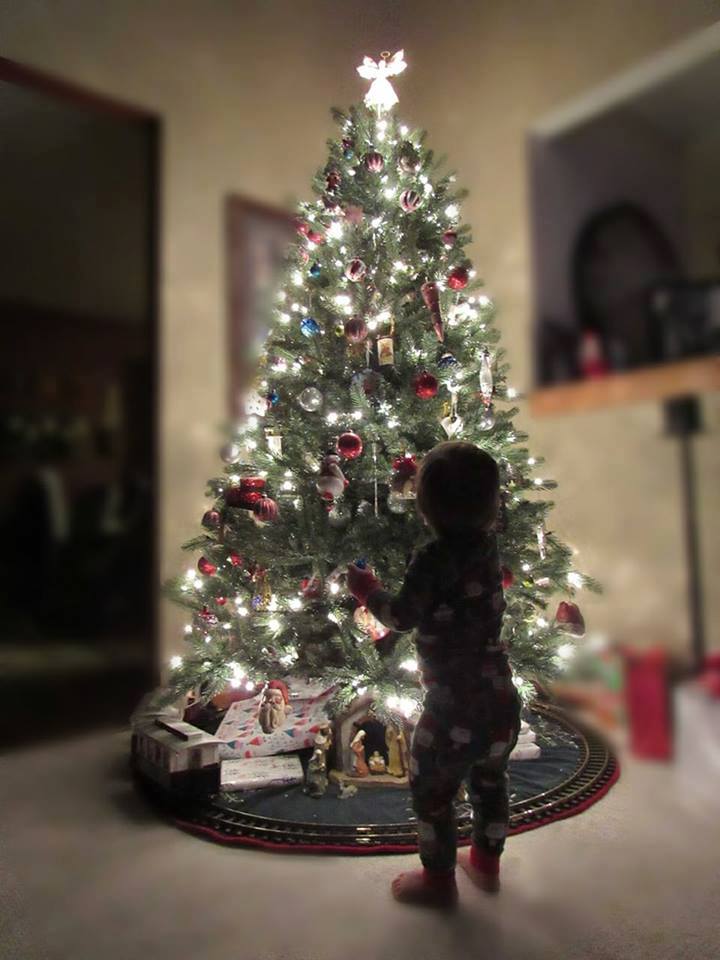
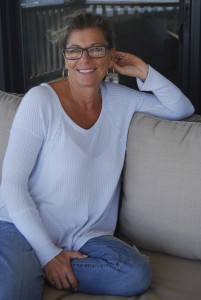 Today we have a guest post from Mary Wheatley. Mary was the host of the Inspired Parent Summit earlier this fall. (If you missed it, you can enjoy our conversation here.) When I read Mary’s recent letter titled “The Christmas Cookie Monster,” I knew I wanted to share it with all of you. Enjoy!
Today we have a guest post from Mary Wheatley. Mary was the host of the Inspired Parent Summit earlier this fall. (If you missed it, you can enjoy our conversation here.) When I read Mary’s recent letter titled “The Christmas Cookie Monster,” I knew I wanted to share it with all of you. Enjoy!
Mary Wheatley writes: “Last Christmas my adult daughters were home for the holiday and invited me to look at a very old, very unwelcome, mothering behavior of mine. It was a behavior rooted in poor communication and a lesson that I have worked diligently to overcome since then.
The story goes like this…
I had worked feverishly to clean, decorate and prepare the house for a relaxing holiday visit with my children. It was Christmas Eve and we were going out for a festive dinner. As the time approached to get ready for our celebration, my daughter thought she would like to try her talent at decorating a few pre-baked sugar cookies with royal icing. Any other day this would have been a welcome project; on this particular day, at this particular hour, it was not.
The royal icing recipe called for sugar, food coloring, boiled water and quite frankly a kitchen mess. In my head, I had expectations of relaxation and no interest in cleaning the kitchen once again or coming home to dishes in the sink. As I tried to please everyone around me, I did not speak up to ask for what I was in need of (a clean kitchen and a relaxed preparation for our evening out).
Trying to be all things to all was my usual posture and I could feel the mounting frustration building up inside myself. Hoping the royal icing project would be completed before I blew a gasket, I continued on until I could no longer contain my frustration. The result was not pretty. I lashed out, and to my amazement my family stood there in stunned surprise, not knowing where all my rage was coming from. In that sobering moment I realized that the better majority of my parenting had been spent at the expense of my own needs, and that I lacked the communication skills that would express to others what these were. In my mind, I had always assumed that my family would just ‘know’ what I preferred and what I needed. The final result was the Christmas Cookie Monster; fireworks without the oohs and ahhs!
So here we are with another Christmas holiday before us. This past year I have focused my efforts on not being the monster of poor communication. And I am so very grateful to report that Thanksgiving with the family was truly joyful and void of any ‘fireworks’. None of the usual tension that I had so frequently experienced over the years was present and my family gathered and celebrated a pleasure-filled day of gratitude.
What changed in this holiday was me! I decided it was time to let go of unproductive ways of communicating that inevitably lead to old expectations and frustration. I consciously chose to remain open and embrace change. I spoke my preferences aloud and was heard! Why I had not trusted this before eludes me.
So I offer you this for consideration, as you engage with family at this joyful time of year. Use the tools I offered in my last newsletter as a guide throughout the coming year. Possibly you have some other ideas of how to best communicate with your family that you have been shying away from trying. I encourage you to give ‘change’ a try and keep your family life joyful without the pretext of a holiday.
How very freeing!”
And so, dear friends, from all of us here at LifeWays North America, we wish you a blessed and joyful winter holiday.

Mary O’Connell, Your Living Arts Weekly blog editor
Social Awareness
Clear Communication from Kerry Ingram
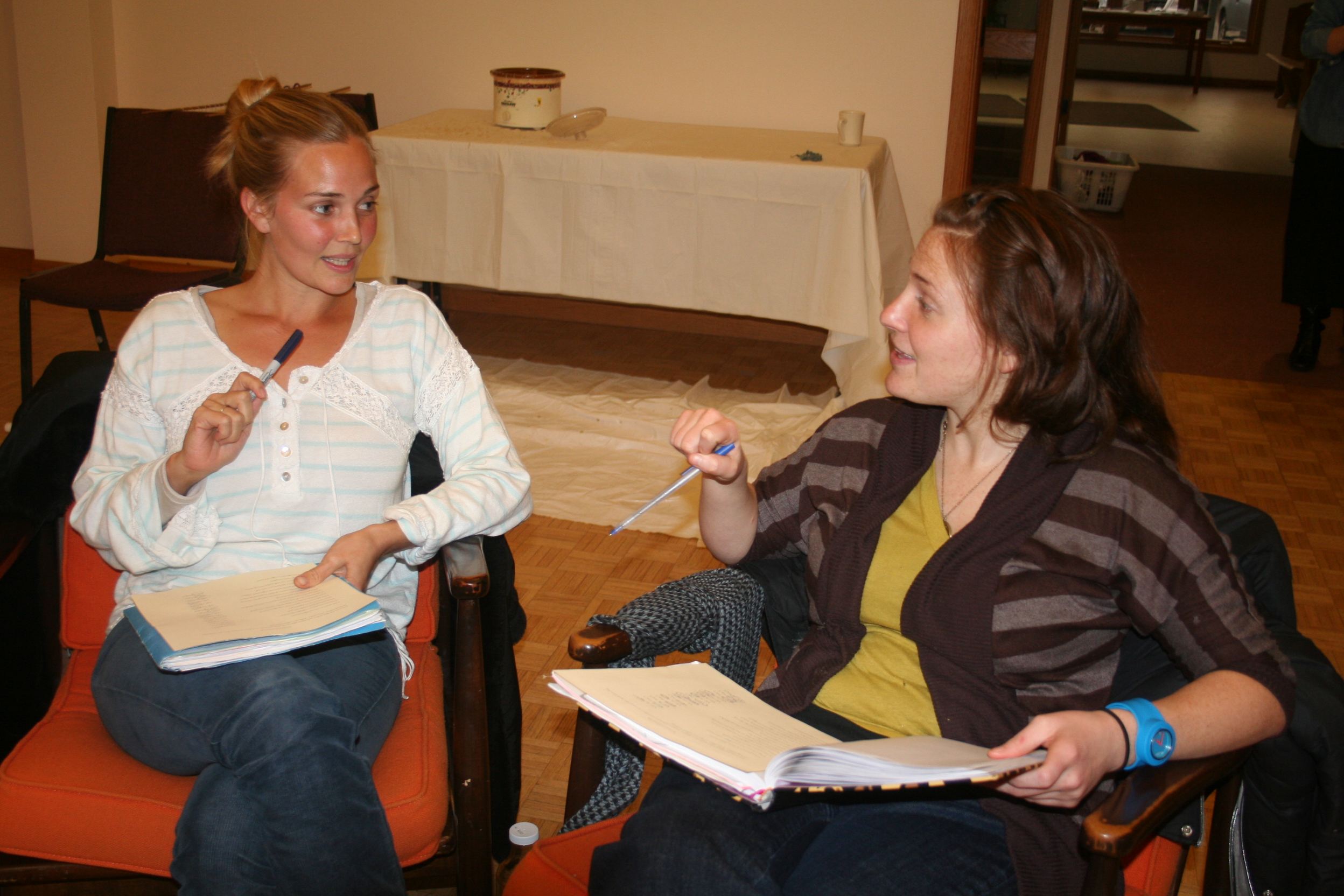
Do any of you have a hard time asking for help? I do.
The other side of the coin is an urge to offer help; sometimes we just don’t know exactly what to do. When needs and requests are communicated clearly, it’s easy to know how to offer support.
I have something for you: a script from the Center for Non-Violent Communication that is a lifesaver.
I am feeling___________. Would you be willing to_________________?
I am feeling overwhelmed after such a big day, Would you be willing to wash the dishes tonight? Thank you, that feels so helpful.
I am feeling so grateful to have you here visiting for the holiday. Would you be willing to put away your cell phone while you’re playing with Francis so we can savor every moment of being with you.
I am feeling sick and achy. Would you be willing to pick up some soup from the market and drop it off at the house this afternoon?
This is the chance to break old family patterns of martyrdom and model to our children that asking for and receiving help is healthy and necessary. We can also model the importance of being a good friend and community member by lending a hand to someone in need.
[Kerry is a mom, foster mom, LifeWays grad, board member and Waldorf trained teacher. She is the founder of Mothering Arts which supports women with all the tools and inspiration they need to create a local postpartum nurturing group. You can find her enjoying the magic of nature with her family and community in northern California.]Nurturing Care
Feeling a little stressed? Take a few deep breaths, settle into a comfy chair, and enjoy this peaceful poem. You’re welcome.
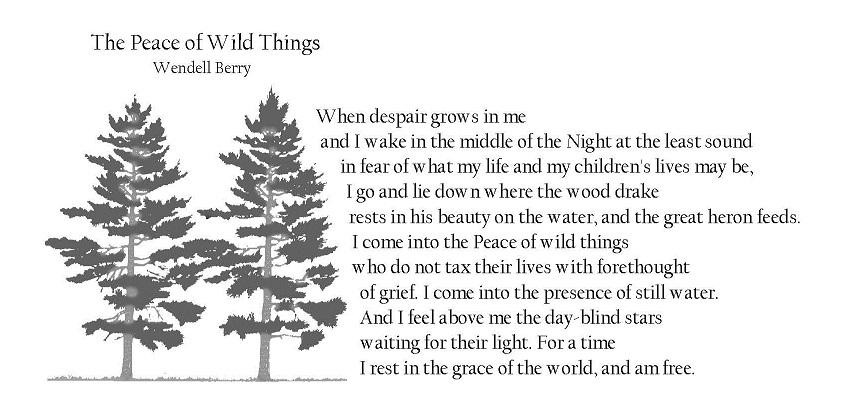
Creative Exploration
Stories for the Early Winter
from Sharifa Oppenheimer
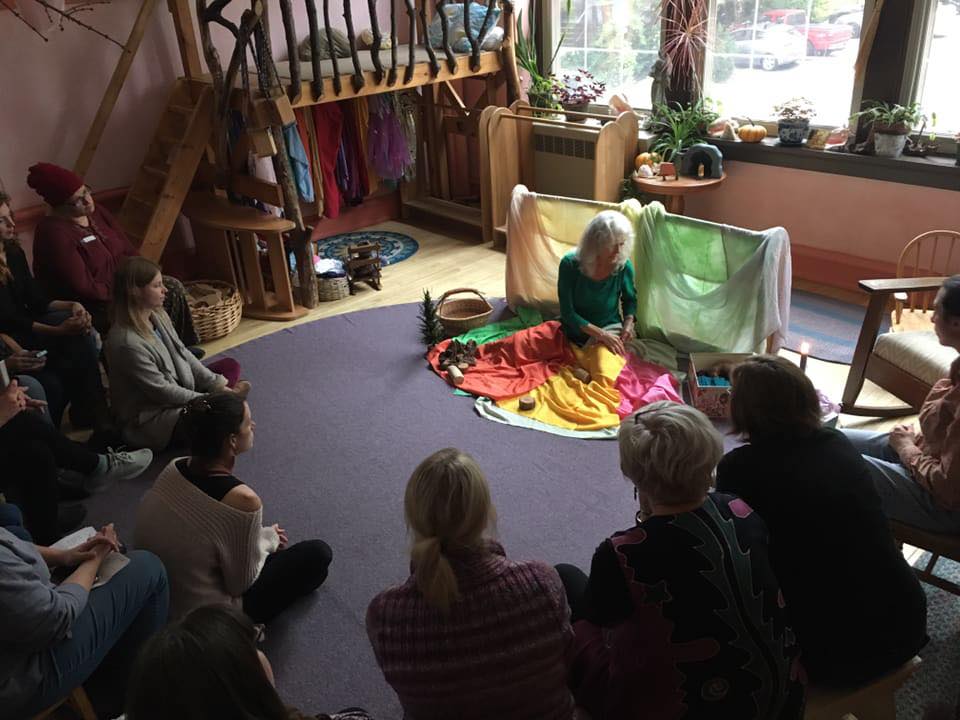
Just before Christmas, I like to tell these winter stories. They are stories of transformation, which image for the young child the forces of growth, in the natural world as well as within the kingdom of humanity. I tell each story for one week, with the Christmas story as the last one.
There are many winter stories from various traditions and cultures, especially within our temperate climate, which use the images of light being born out of darkness. I have chosen to focus on this particular tradition because it is familiar culturally. For me the telling of these stories is a way to wrest the deep spiritual significance of the cyclic transformation of light (and its corollary importance in the human soul) from the societal marketers and money magicians. These stories image the transformation of consciousness, beginning with the story of the mineral kingdom in the crystalline formation of the snowflakes, moving through the plant kingdom with the story of a little fig tree, and on to the animal kingdom in a story of the birds and the animals’ speech. The final one is the transformation of our humanity, the story of the “child of light,” the Christmas story itself. In each story, we see the central figure take a step in evolution; we see something brand-new appear. I have been told these stories come from an ancient medieval tradition. They are stories to delight and inspire!

Robin’s First Christmas (Third of a series)
As you remember, once, a very long time ago, an old man and a young woman took a long icy winter’s journey. Because there was no room at the inn, they slept at night in a humble stable, with the animals’ sweet breath warming them, and golden hay for a bed. A baby was born to them that night. Although the old man made a small fire to warm the baby, still the infant was cold. At the baby’s cry, the old man put on his cloak. He went out into the snowy night to gather more wood, that the fire might burn warmer, to comfort the baby’s tears.
So, the young woman was left alone. She needed to rock her baby and keep him wrapped snug, but also to tend the tiny fire of straw and sticks, keeping it alive till the old man returned. This was not easy for the young woman. She was quite cold herself. Every time she stood up to gather a few more sticks, the baby’s wrappings loosened, and he cried more pitiably. Each time she sat holding and rocking her baby, the little flames burned low, threatening to go out altogether. Back and forth she went, working between the fire and her very cold little baby. She tried not to cry, herself, knowing it would upset him even more to hear her tears. Yet her eyes glistened in the firelight.
Now, this stable was made in such a fashion that up above, in the roof rafters, there were snug places, out of the wind and weather. Here a flock of little brown birds nestled through the winter. The birds had been watching, with their bright and curious eyes, all the surprising events of the evening. They saw the young woman’s plight, and chatted, in their chirping voices, together.
“That poor baby is so cold.”
“Do you know, humans don’t even get to have feathers when they are babies!”
“Why, in the great blue sky, not? It would help everything so much, don’t you agree?”
Many little feathered heads bobbed up and down.
“Well, feathers would certainly help keep him warm, but he hasn’t got any. So, maybe we can help in another way.”
There was a flurry of wings, and tiny birdcalls. Suddenly the young woman saw a wee brown wing swoop low over the fire. She saw one piece of straw drop from an orange beak onto the smoldering fire beside her. The flames licked up the hay, hungry for more. Straw by straw, the flock of birds gathered and fed the flames. The fire burned more steadily, now, and the baby grew calmer.
One bird, in particular, loved the baby’s dear smile, and wanted to stay close beside him. So, this special little brown bird made it his duty to stand near the fire. He flapped his feathered wings to fan the fire until the old man might return. He was happy to just be near this tiny new human being.
At last, the door opened with a whoosh of snow and cold. The old man threw down a great bundle of pine boughs, and got to work quickly. When at last the fire was cheery and the baby slept soundly, the young woman saw that one small bird was still standing on the stable floor, close beside her and her son. She looked carefully at him, and then she saw something that touched her heart. He had stood close to the fire, fanning the flames for so long, that his little round tummy had been burned! Now, his tummy was red! She reached out her hand and touched him, and then all the hurt went away.
“Because you love my baby so much and stood so close to the fire, from now on you and all your children, and all your ever-ever-so-great grandchildren will have red breasts. And you will be the bird best-loved by children all over the world.” So, the very first robin red-breast twittered happily and merrily flew to his family in the rafters above.
And everyone was happy indeed.
We will have a very special blog post tomorrow, December 24th, with all of Sharifa’s early winter stories, including one more: her story for Christmas Day! If you are not a blog subscriber, be sure to subscribe so you don’t miss it!
[Sharifa Oppenheimer is the author of Heaven on Earth: A Handbook for Parents of Young Children and What is a Waldorf Kindergarten. She taught young children for 35 years and now loves teaching adults through the LifeWays trainings. She also travels offering lectures which explore the ways in which the latest findings in brain research support Steiner principles. Sharifa lives with her husband in an enchanted forest in Virginia, and is the mother of three grown sons, who were raised within the Waldorf tradition.]Upcoming Online Courses
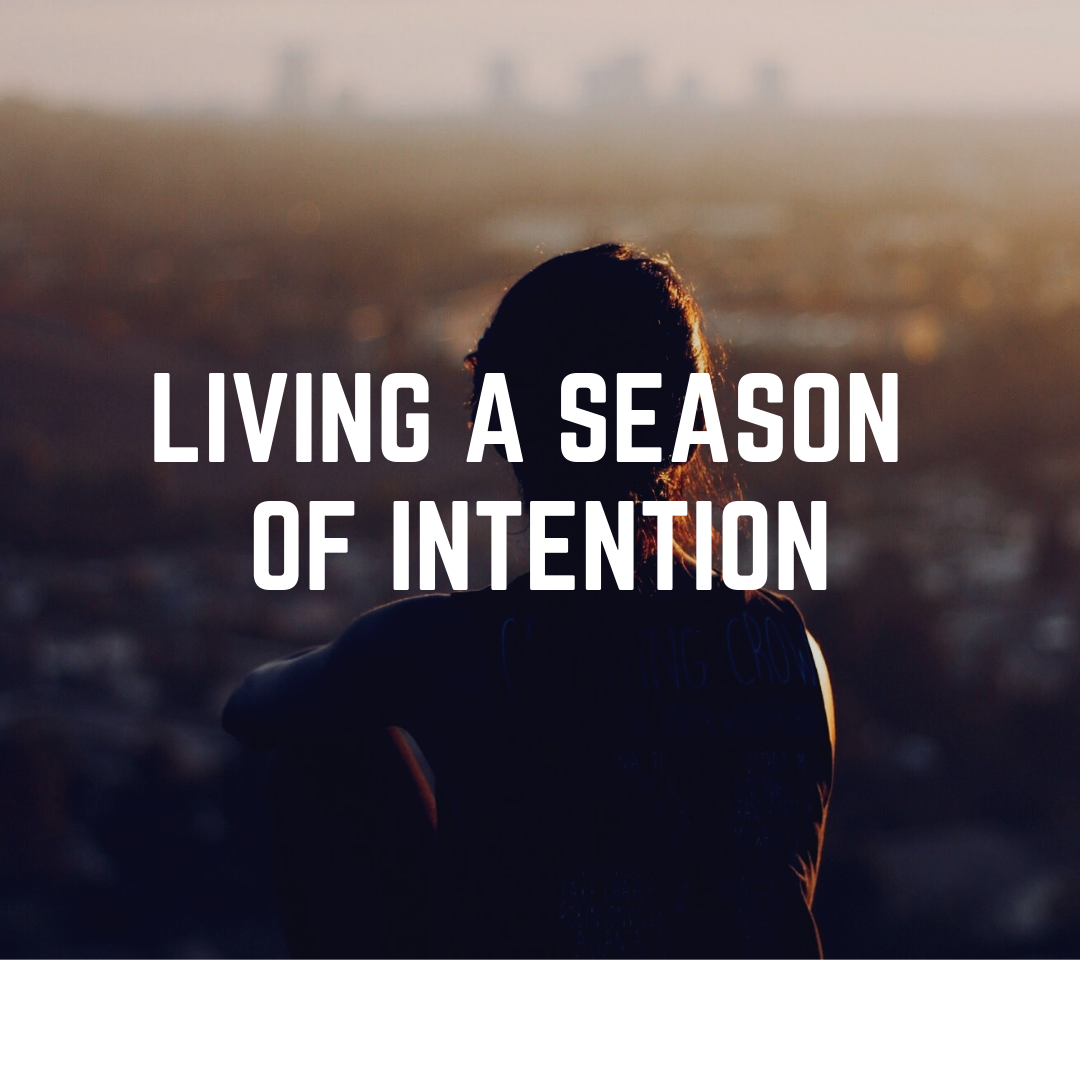
Celebrate the Living Arts in January with our online courses
Living Arts Through the Seasons – especially for parents. ALL NEW. Opens January 1st, only $30.
The Living Arts Cornerstones of Care – for parents, childcare providers and teachers. Opens January 9th. Earn 15 hours of continuing education!
I feel nurtured and inspired! I was surprised at the level of intimacy and discussion created via the online medium. I found myself looking forward to spending time with you all. On busy days it provided for a much needed outlet. I am so glad the contents of this course along with all the comments will remain accessible to us. Thank you!